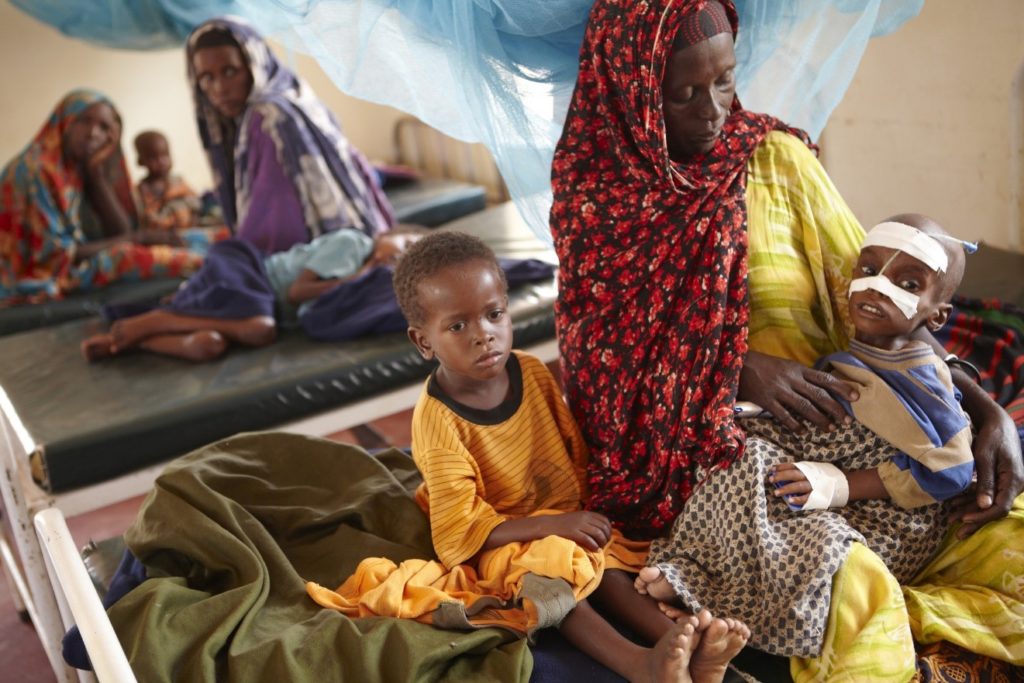DAVOS – Three thousand world leaders are expected to meet at the World Economic Forum in this Swiss community from January 22nd through the 25th. The theme of this year’s forum is “Trust: The world’s currency.”

Immediately preceding the event, Oxfam released a 40-page research report entitled “Public Good or Private Wealth.”
Oxfam is an international confederation of 19 organizations networked together in more
than 90 countries, as part of a global movement for change, to build a future free from the injustice of poverty.
It is no secret that one-third of the world lives in poverty. Oxfam comments on its website that “It disturbs us that, in a world as rich as ours, many of us go hungry or don’t have clean water” and that “We recognize our responsibility to hold the powerful accountable.”
The timing of the “Public Good or Private Wealth” should, therefore, come as no surprise. Oxfam believes that “governments should listen to ordinary citizens and take meaningful action to reduce inequality.” The World Economic Forum, on the other hand, is more concerned about how to shape and grow the global economy.
Oxfam’s report promotes building a “Human Economy” in which “the richest people and corporations pay their fair share of tax and use those valuable resources to fund public services and social protection for all.”
Citing statistics from the World Bank, the report indicates that the ‘war on poverty’ has lost 50% of its momentum since 2013, with extreme poverty increasing in Sub-Saharan Africa.
Other interesting insights from the report include:
The number of billionaires around the world has doubled over the past decade.
The accumulated wealth of the world’s billionaires is increasing at a rate of $2.5 billion per day.
In 2018, 26 people owned the same as the 3.8 billion people who live in extreme poverty.
There are currently more than 2,200 billionaires – more than ever before.
The world’s richest man, Jeff Bezos, has a net worth of $112 billion.
In some countries (e.g., Brazil and the UK) the poorest 10% pay a higher proportion of their incomes in taxes than the richest 10%.
Oxfam believes that super high net worth individuals and corporations are “hiding” over $170 trillion that could be used to help alleviate poverty.
Social mobility in the United States is lower today than it has been in decades.
When discussing the impact of poverty on childhood education opportunities, the report cites countries like Kenya where,
A girl from a poor family has a one in 250 chance of doing so.
In terms of health and longevity,
In Nepal, a child from a poor family is three times more likely to die before they are five than a child from a rich family.
Life expectancy in the richest parts of Sao Paulo, Brazil, is 79 years. In one of the poorest areas of the city, it is 54 years.
There is no escaping reality. Oxfam and other NGOs bear a great deal of the burden of meeting the needs of those living in a poor family experiencing extreme poverty. Not all NGOs see the same solutions, but all have the same concerns and share the same hope of providing relief to those in dire need.
To read more news on the conditions of living in a poor family on Missions Box, go here.
Sources:
- Sight Magazine, Wealth of billionaires grows by $US2.5 billion a day while 3.4 billion live on less than $US5.50 a day – Oxfam report
- Oxfam Library, Public Good or Private Wealth
Image Source:
- Oxfam East Africa [CC BY 2.0], via Wikimedia Commons
For more information about this, click here.




